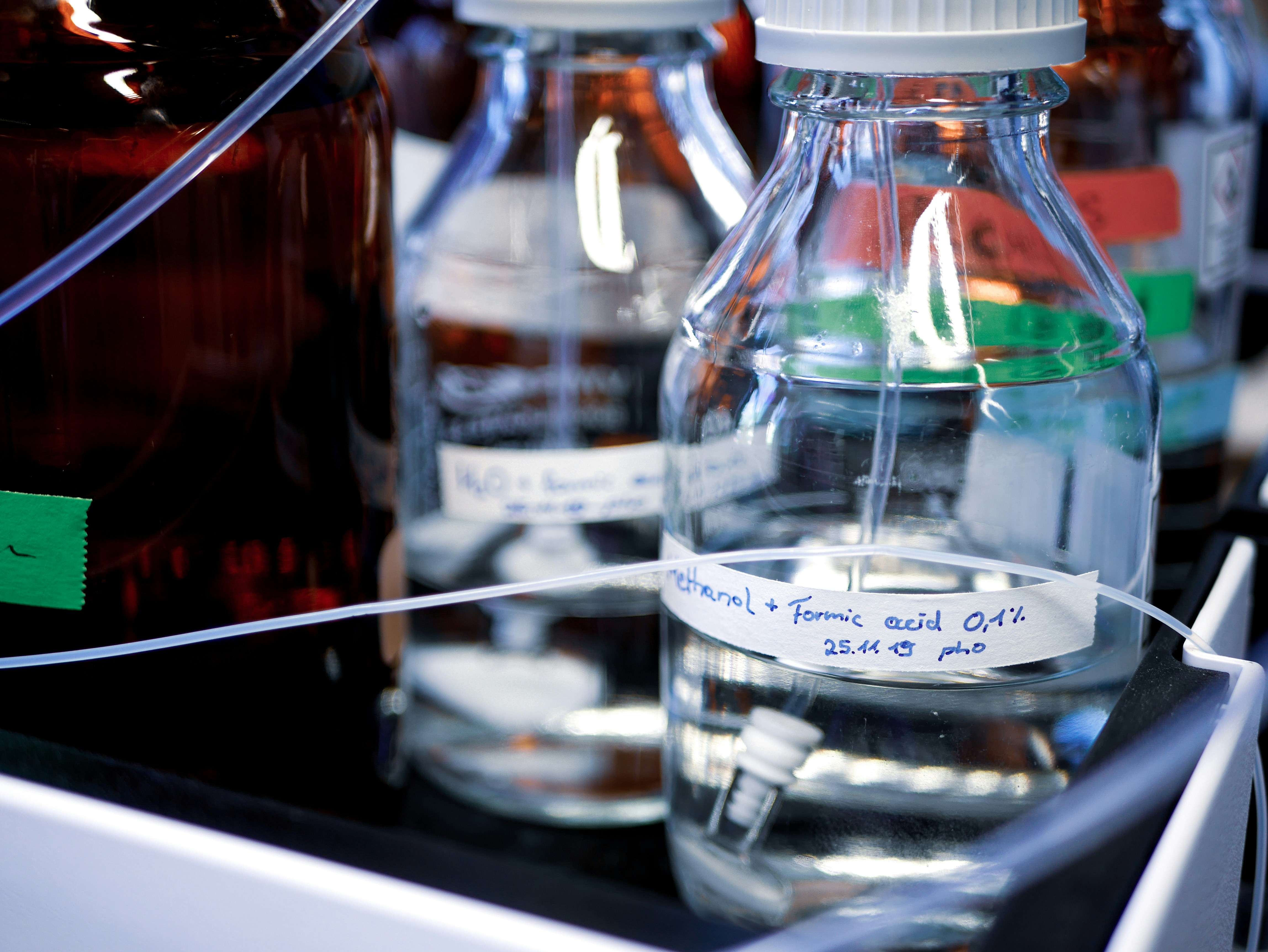Published on
Jun 5, 2025
-
min read

Why Study Chemical Engineering in Germany?
Chemical engineering is a pivotal discipline that drives innovation across industries, including pharmaceuticals, energy, materials science, and environmental sustainability. Germany, a global leader in industrial engineering and research, offers world-class programs in chemical engineering. These programs blend rigorous academics with hands-on training, preparing students for impactful careers in diverse sectors.
1. Global Reputation for Excellence
German universities are renowned for their rigorous curricula and cutting-edge research facilities.
2. Sustainability Focus
Programs emphasize green engineering, sustainable production, and renewable energy solutions.
3. Industry Integration
Collaborations with global giants like BASF, Bayer, and Siemens offer unparalleled internship and research opportunities.
4. Affordable Education
Public universities charge minimal tuition fees, and scholarships like DAAD make education accessible for international students.
5. Global Career Prospects
A chemical engineering degree from Germany is highly respected, opening pathways to research, development, and production management roles worldwide.
Top Universities for Chemical Engineering in Germany
1. Technical University of Munich (TUM)
Program: MSc in Chemical Engineering
Highlights: Focuses on catalysis, process engineering, and energy systems.
2. RWTH Aachen University
Program: MSc in Chemical and Process Engineering
Highlights: Specialization in sustainable engineering and process optimization.
3. Karlsruhe Institute of Technology (KIT)
Program: MSc in Advanced Chemical Engineering
Highlights: Covers advanced materials, nanotechnology, and polymer science.
4. University of Stuttgart
Program: MSc in Chemical Engineering and Bioengineering
Highlights: Combines chemical engineering with biotechnology applications.
5. Technical University of Berlin
Program: MSc in Chemical and Energy Engineering
Highlights: Specializes in energy systems, environmental engineering, and process design.
Core Modules and Specializations
Core Modules:
Thermodynamics and Fluid Dynamics
Reaction Engineering and Catalysis
Materials Science and Nanotechnology
Process Optimization and Simulation
Specializations:
Renewable Energy Systems: Focus on green energy production and storage.
Advanced Materials: Explore polymers, composites, and nanomaterials.
Environmental Engineering: Develop solutions for pollution control and waste management.
Biotechnology Applications: Innovate in biochemical processes and pharmaceutical production.
Practical Training:
Programs integrate lab work, internships, and industry-based projects to provide hands-on experience.
Career Opportunities in Chemical Engineering
Germany’s robust industrial base and global reputation for engineering excellence create abundant career opportunities.
Job Roles:
Process Engineer: Optimize manufacturing processes for efficiency and sustainability.
Materials Scientist: Develop cutting-edge materials for aerospace, electronics, and healthcare.
Environmental Engineer: Create solutions for pollution mitigation and sustainable waste management.
Industries Hiring Chemical Engineers:
Pharmaceuticals and Biotechnology
Energy and Renewable Resources
Materials Science and Nanotechnology
Average Salaries:
Entry-Level Roles: €50,000 – €65,000 annually
Mid-Level Roles: €70,000 – €90,000 annually
Senior Positions: €100,000+ annually
Admission Requirements
1. Academic Background:
Bachelor’s degree in chemical engineering, mechanical engineering, or a related field.
2. Language Proficiency:
TOEFL/IELTS for English-taught programs.
DSH/TestDaF for German-taught programs.
3. Statement of Purpose (SOP):
Highlight your passion for chemical engineering and future aspirations.
4. Work Experience:
Some programs prefer candidates with relevant industry or research experience.
Scholarships for Chemical Engineering Students
1. DAAD Scholarships:
Covers tuition fees, travel expenses, and living costs.
2. Deutschlandstipendium:
Provides €300 monthly to outstanding students.
3. Institution-Specific Grants:
Universities like RWTH Aachen and TUM offer financial aid tailored to chemical engineering students.
Living in Germany as a Chemical Engineering Student
1. Cost of Living:
Monthly expenses range from €850 to €1,200, depending on the city.
2. Networking Opportunities:
Attend industry expos, academic conferences, and university events to connect with professionals and peers.
3. Cultural and Professional Growth:
Germany’s rich cultural heritage and thriving industrial hubs offer a perfect balance of learning and lifestyle.
Post-Graduation Pathways
Industry Careers:
Graduates secure roles in leading companies like BASF, Bayer, and Siemens.
Research Opportunities:
Many pursue doctoral studies or join research institutions to innovate in materials science or renewable energy.
Entrepreneurship:
Germany’s startup-friendly ecosystem encourages ventures in green technology and process innovation.
Final Thoughts
Germany’s chemical engineering programs provide a perfect blend of academic rigor, practical training, and industry exposure. Whether you aim to innovate in sustainable processes, advance materials technology, or drive energy transitions, Germany equips you with the skills and opportunities to succeed. Ready to engineer a sustainable future? Start your chemical engineering journey in Germany today!

